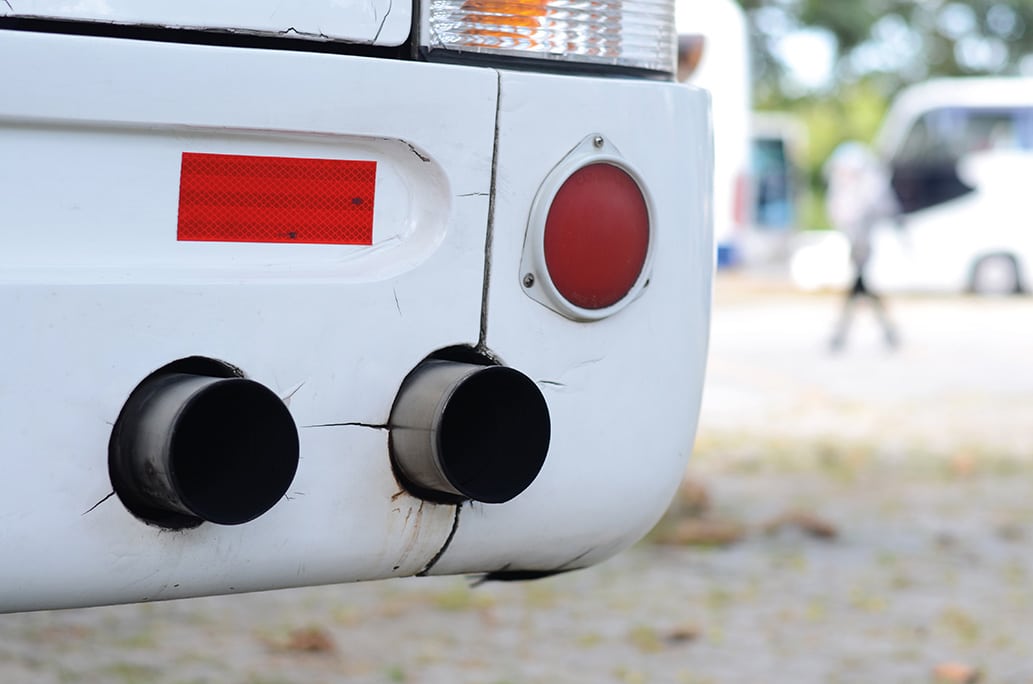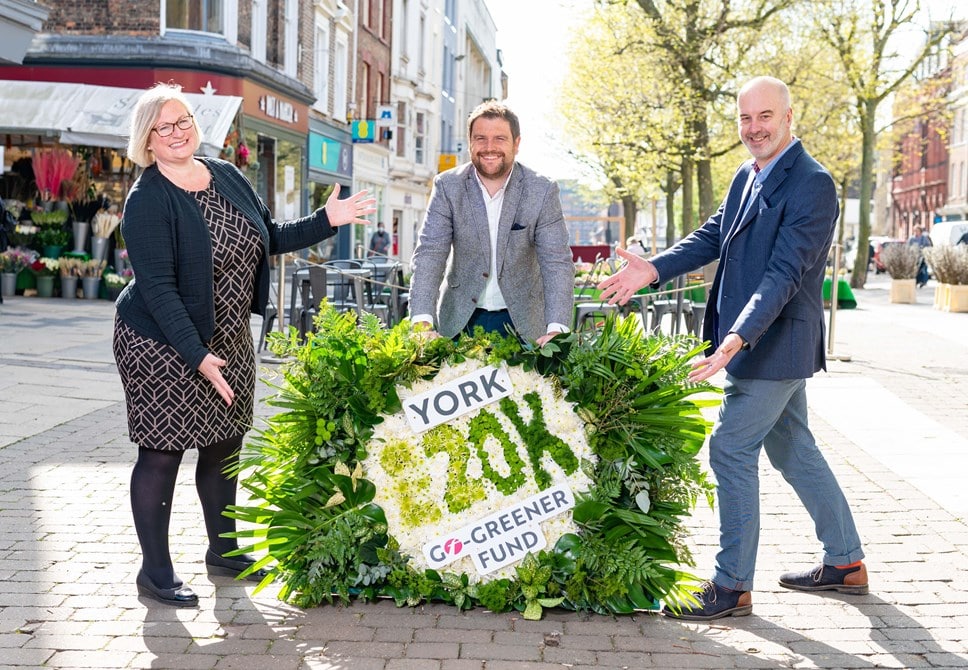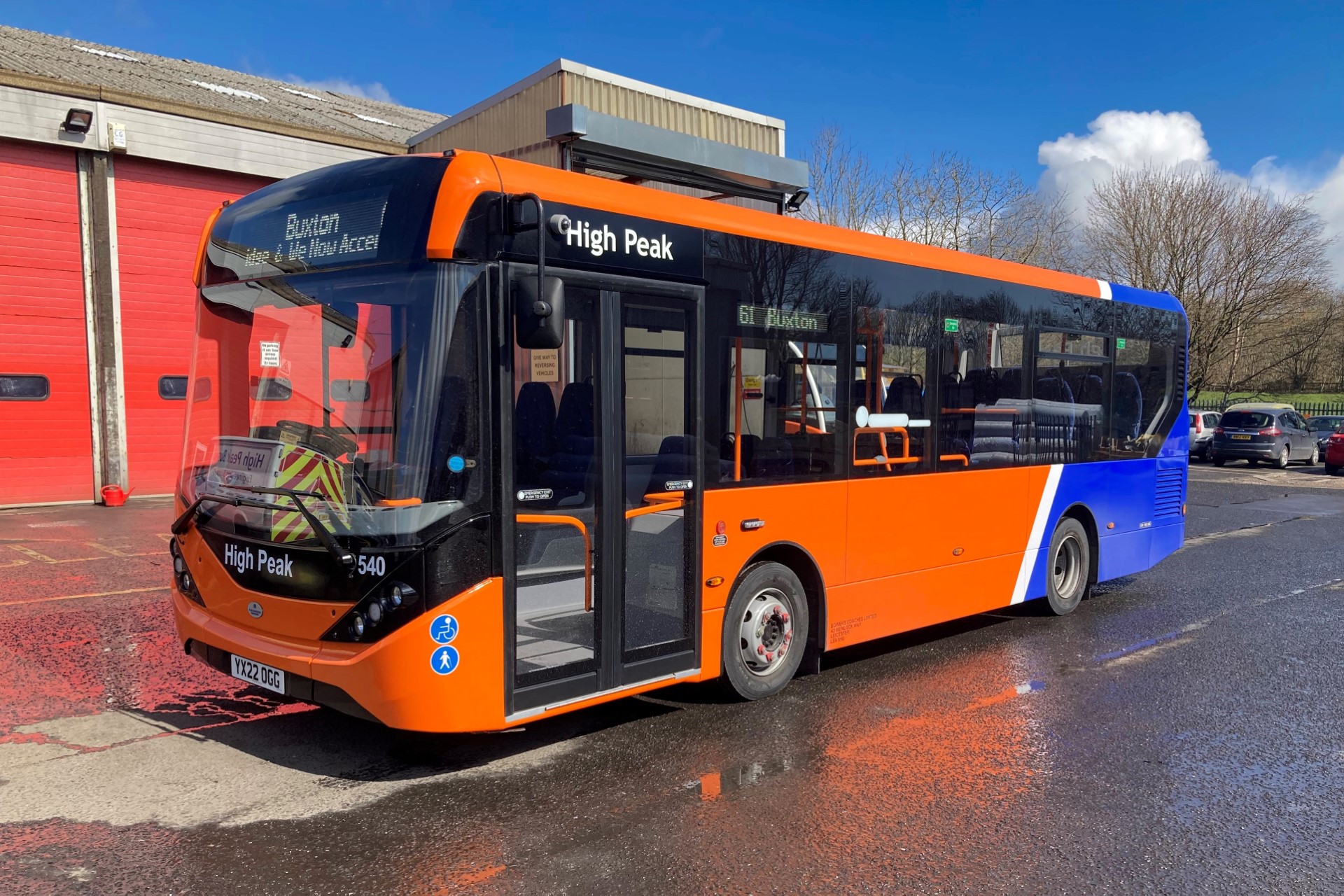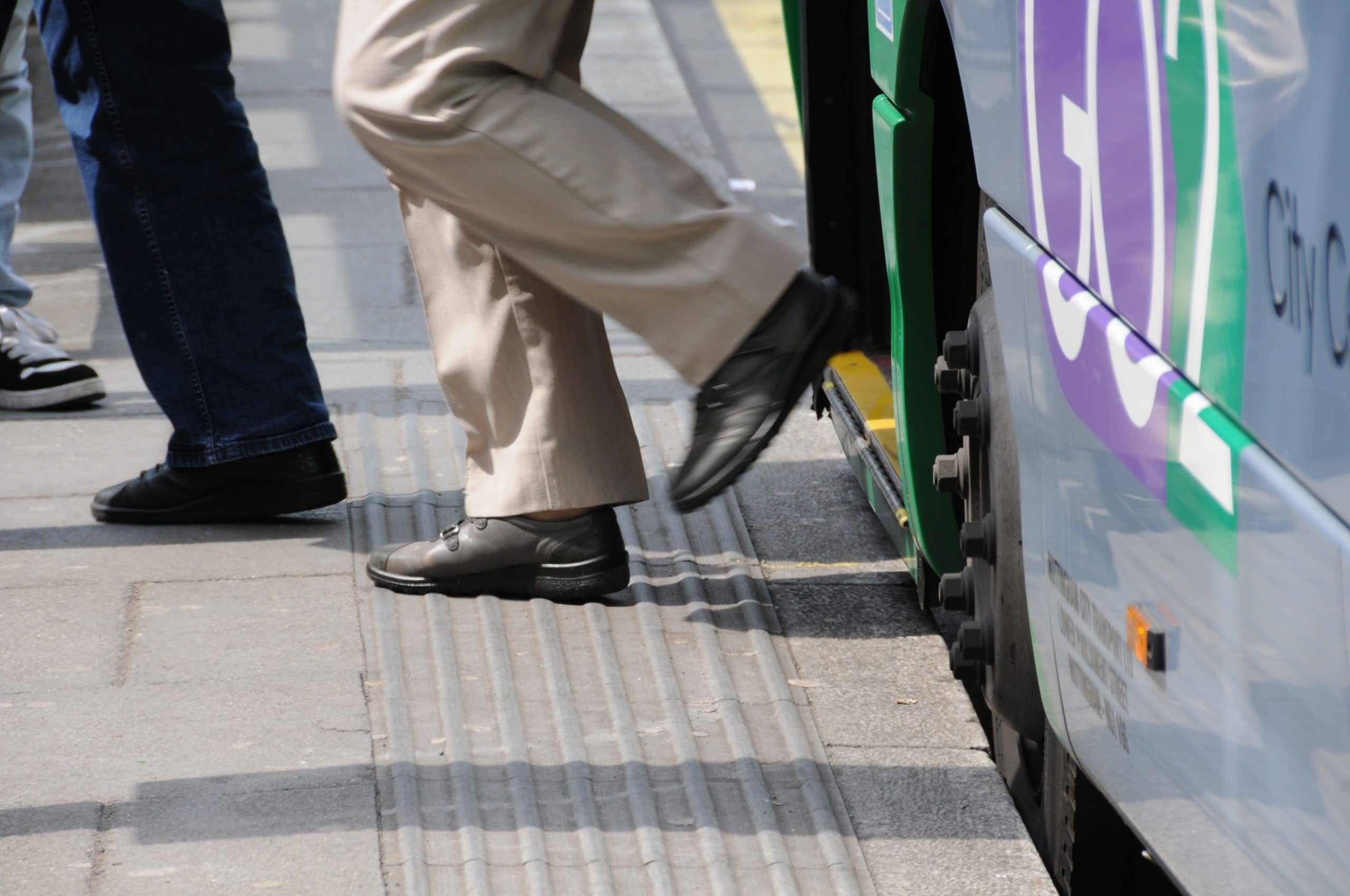The Confederation of Passenger Transport (CPT) has responded to the end sale date consultations for internal combustion engine (ICE) coaches and buses, highlighting a ‘lack of clarity’ over technological solutions and the need for nationwide charging infrastructure.
The Department for Transport released a consultation on ending the sale of new non-zero-emission coaches, buses and minibuses on 26 March, with a view setting an end date for the sale of new non-zero-emission buses at the very latest by 2032.
CPT has told the government that any such phase-out for the sale of ICE or non-zero-emission coaches and buses should recognise the “unique challenges” of each sector. It says that, with government support, over two thirds of all new bus orders would be zero-emission by 2025, with that driven by larger operators; therefore the end sale date should consider challenges faced by smaller operators, such as infrastructure and lower government funding.
“Despite the challenges of COVID-19 bus operators have taken the lead on seeking to decarbonise their fleets, but challenges do remain,” says CPT Head of Policy Alison Edwards. “Historically SME operators have had limited access to government funding and there are often challenges with infrastructure deployment at smaller depots. Therefore, it is vital that the end date for the sale of non-zero emission buses provides SME operators with the time and flexibility to ensure appropriate and affordable solutions are developed.
“The most significant challenge for the sector is the lack of certainty over technology – hydrogen, electric or a combination of both. CPT will continue to work through these options with the Zero Emission Coach Taskforce to build a clearer picture of what the zero emission coach landscape looks like.
“Overcoming range anxiety will also be important to encourage operators to make the switch. A comprehensive and reliable network of recharging and refuelling infrastructure must be delivered alongside moveable recharging/refuelling depot solutions.”

























